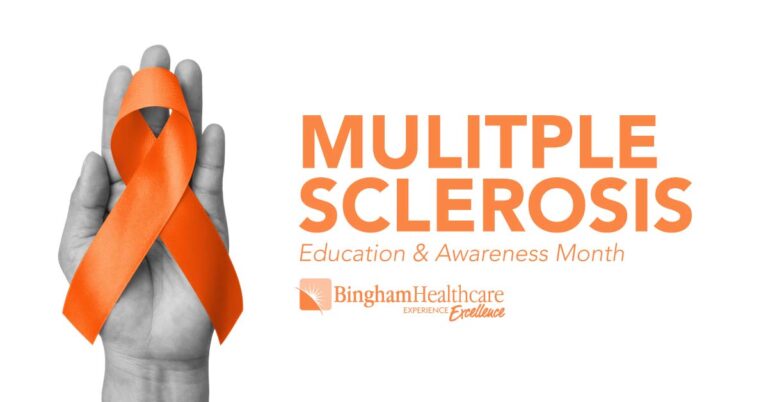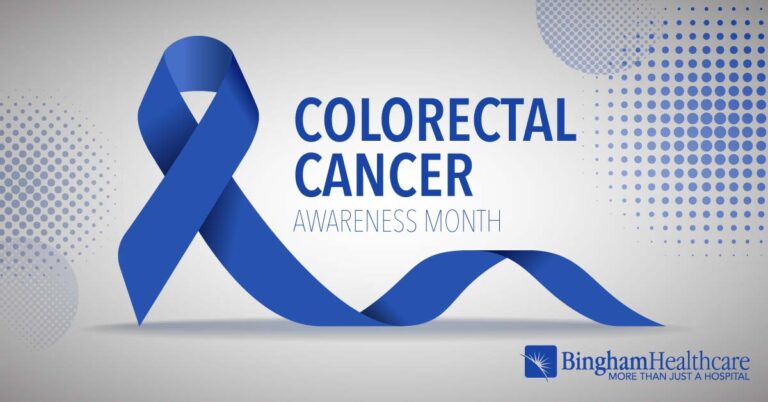
Getting a Grip on Carpal Tunnel Syndrome
“Understand whether carpal tunnel syndrome is causing your uncomfortable hand & wrist symptoms.”
Carpal tunnel syndrome can make ordinary activities difficult, but it’s important to understand the facts. Just because you have pain or numbness in your hand or wrist doesn’t mean it’s carpal tunnel syndrome.
The carpal tunnel is a small tunnel in the wrist that the median nerve and tendons pass through. The median nerve controls muscle strength and skin sensation over specific parts of the hand and wrist. It also regulates muscles at the base of the thumb and sensation to the palm side of the thumb, index finger, middle finger, and half of the ring finger.
Carpal tunnel develops over time when the median nerve becomes compressed in the tunnel causing a disruption to the flow of blood. In mild to moderate cases, this can cause a numbness and tingling in the fingers, like the feeling of pins-and-needles—similar to when your arm or leg falls asleep. In severe cases, someone will experience high levels of discomfort and/or the inability to use their hand, specifically the thumb muscles. These symptoms may occur anytime but are most common during or shortly after activity or at night.
The myth that carpal tunnel syndrome develops from typing isn’t true. What causes carpal tunnel is actually unknown in a majority of cases. However, potential causes can include repeated and forceful movements of the hand, such as using a rake or broom, pulling weeds or driving a car as well as more vigorous activities like mountain climbing.
Because nine tendons run through the carpal tunnel into the hand, there could be other causes for the pain or discomfort. The numbness someone experiences may not be an irritated nerve in the carpal tunnel; it could be tendonitis.
Prior to seeing a doctor, keep a daily log of your symptoms. Patterns in activities can be helpful for a more accurate diagnosis and treatment plan. Note which activities aggravate or ease your symptoms of pain, how long those symptoms last before they subside, and how long the symptoms have been present.
Discomfort and numbness is not something you have to live with. It can be addressed. And, it’s easier to repair any potential damage earlier rather than later.
If you have some of the symptoms highlighted in this article, then you should schedule an appointment with Bingham Memorial’s Garry Martin II, MD. He is fellowship-trained in hand and microvascular surgery, and he is qualified to perform all aspects of hand surgery, including traumatic hand surgery, carpal tunnel, and arthritis procedures. Dr. Martin is always welcoming new patients. To schedule a consultation, please call (208) 782-2885.
Return to Articles


